
When you’ve got an old paperback book that’s coming apart at the spine, with pages falling out all over the place it’s time to consider making it immortal. In order to do that, in a reasonable period of time, you must kill the book. That’s the hardest part of the process. The actual transformation is pretty easy.
To do it I use a Fujitsu ScanSnap S1500 which came with Adobe Acrobat Standard 9. Here are three videos I put together that show the process of turning a paperback into an ebook:
And here’s a PDF |SAMPLE| of the result.
Update:
John writes in to say:
I read your recent post about digitizing print books with interest. I wondered if you might be able to expand on your process a bit, as it seemed to me like a few steps were missing from your video.
Indeed, here are my answers to some specific questions:
How do you actually sever all the pages from the book?
Most of the time this can be done just with your hands, at least with paperbacks and old magazines. The only tools I’ve ever needed to use are flathead screwdriver, to pry up staples found in some mags from the 1960s and 1970s, and scissors which I’ve used to trim out glued edges. If you’re doing a hardcover with sewn binding you’d probably be able to do it with just an X-Acto knife.
When you run the pages through the scanner, does it scan both sides of the page simultaneously? Or do you have to scan them all twice?
The Fujitsu ScanSnap is not only superfast, it’s also supersmart, it scans both sides at the same time (technically the term is “duplex”).
If so, how do you collate them so the pages are all in the right order?
The bundled software, called ScanSnap Manager, allows you to customize the named output files. I usually have them just come out as 001, 002, 003, etc..
How long does it take you to digitize a single book?
Lets see I’ve just scanned the February 1976 issue of Fantasy & Science Fiction which has 128 pages (64 leaves). In the scanning itself I set a stopwatch. It took 1 minute 30 seconds to scan the entire mag. The software took another 45 seconds of processing. And I spent about 30 seconds correcting orientation on a few pages. So under three minutes for 128 pages
Have you tried this on hardcovers as well, or just paperbacks?
I don’t think I’ve done more than a couple of hardcovers, they were really easy though as they were essentially unbound already.
Posted by Jesse Willis

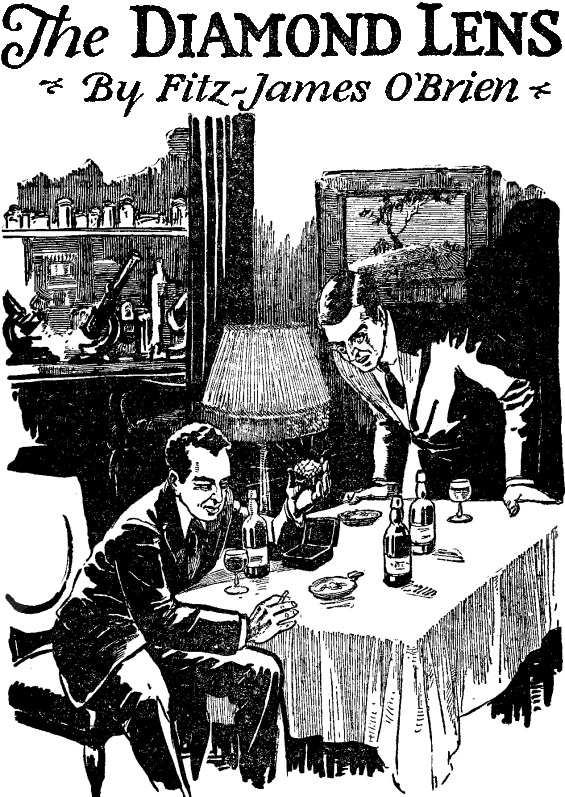
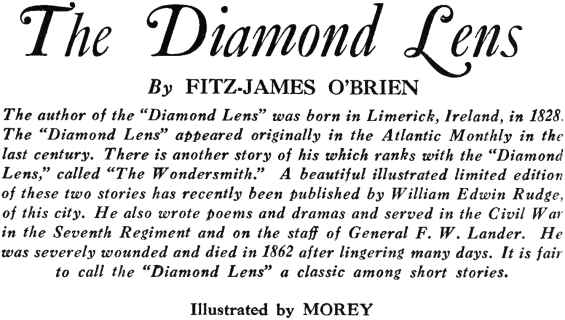
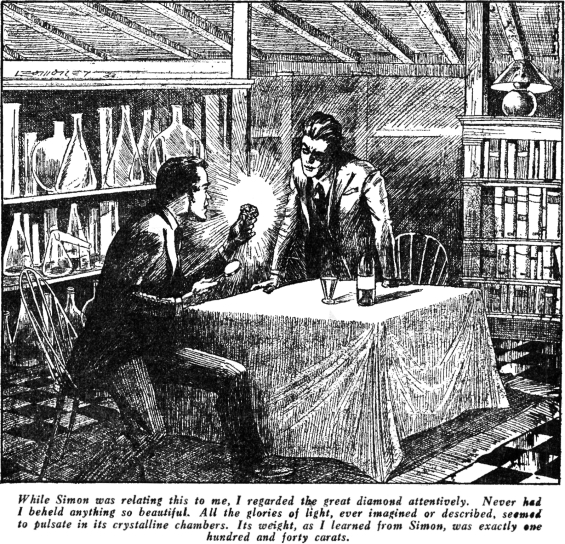
 The Diamond Lens
The Diamond Lens The Diamond Lens
The Diamond Lens


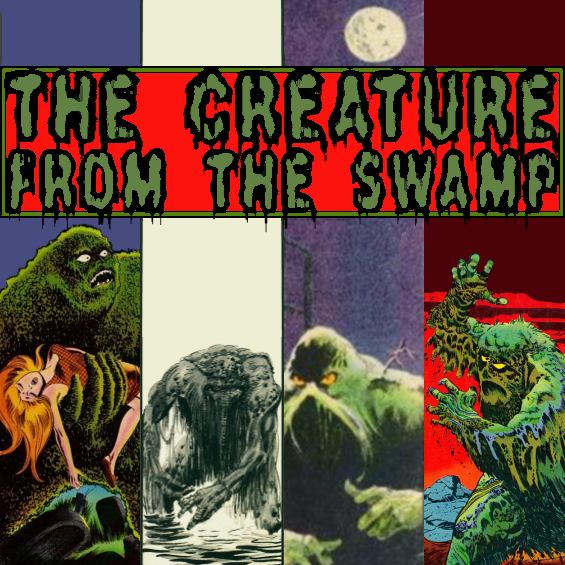
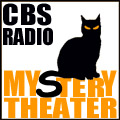 CBS Radio Mystery Theater – #0053 – The Creature From The Swamp
CBS Radio Mystery Theater – #0053 – The Creature From The Swamp